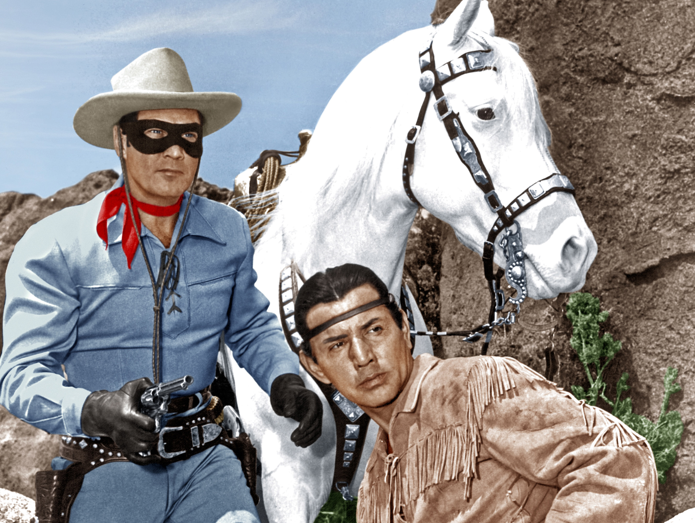The 1970s brought us some of the most memorable TV catchphrases of all time. We repeated them in schoolyards, at the dinner table, and even at work, often without thinking twice about their meaning. But times have changed, and what once made audiences laugh might not land the same way today. Some of these phrases reflect outdated attitudes, while others rely on stereotypes that wouldn’t fly in today’s world of heightened awareness. Let’s take a trip down memory lane and revisit 15 TV catchphrases from the ‘70s that would raise eyebrows today.
1. “Stifle Yourself!” – All in the Family
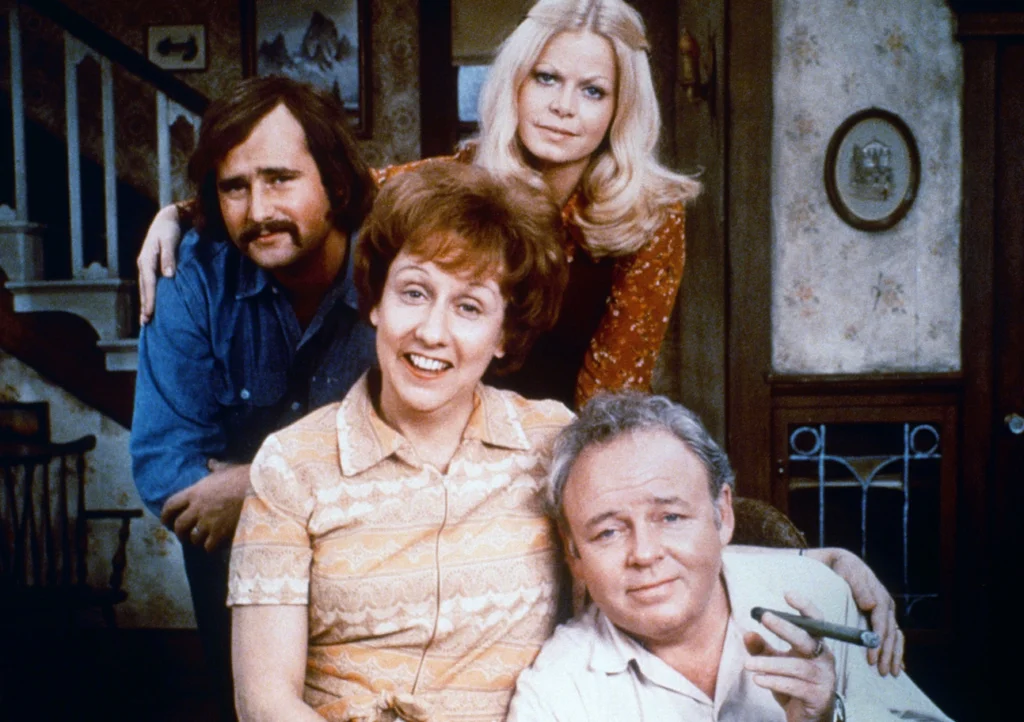
Edith Bunker was one of the sweetest TV characters of all time, but that didn’t stop her husband, Archie, from constantly telling her to “stifle herself.” Back then, it was played for laughs—an overbearing husband shutting down his wife in the most dismissive way possible. Today, that kind of attitude would be criticized as outdated and downright rude. Variety celebrated the show’s 50th anniversary, though, reminding us that though phrases re gone, the show’s impact remains.
Archie’s whole character was a caricature of stubborn, old-school views, but his treatment of Edith could come off as harsh by today’s standards. Telling a wife to “stifle” would be seen as controlling and dismissive rather than comedic. While All in the Family used these moments to critique Archie’s views, the phrase itself wouldn’t sit well with modern audiences.
2. “Meathead!” – All in the Family
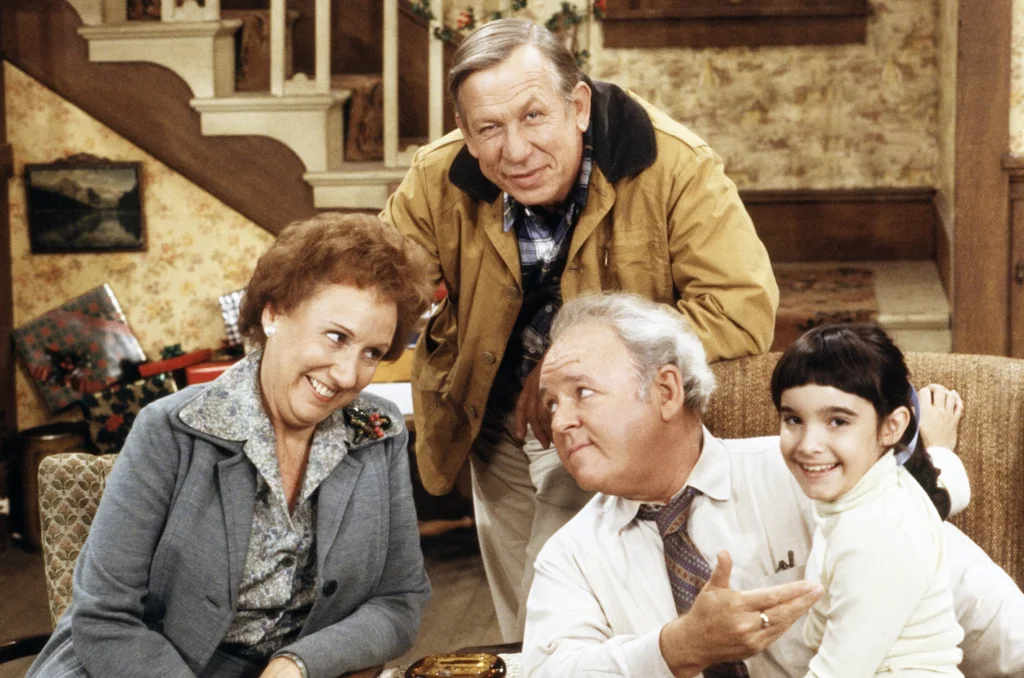
Archie Bunker had no shortage of insults, and “Meathead” was his go-to nickname for his liberal son-in-law, Mike Stivic. It was meant to mock Mike’s intellectualism and different worldview, reinforcing the generational clash between them. While the show often showed Mike in the right, Archie’s put-down became something many people repeated without irony. Even so, The Atlantic recognizes the show’s enduring impact on American TV to this day.
Calling someone “Meathead” today would likely be considered more than just a lighthearted insult—it could be taken as demeaning. With greater sensitivity to name-calling and personal attacks, a father-in-law constantly mocking his daughter’s husband would probably be frowned upon. It’s one of those phrases that reminds us how much humor has evolved.
3. “A Woman’s Place Is in the Home!” – Maude
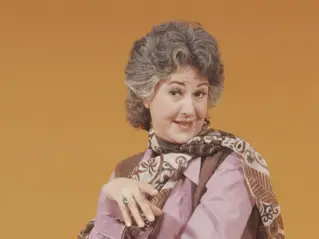
While Maude was a progressive show for its time, it still featured plenty of old-fashioned jabs at gender roles. Maude’s husband, Walter, would sometimes sarcastically remind her that “a woman’s place is in the home,” poking fun at outdated beliefs. While the show often turned those ideas on their head, the phrase itself would be considered wildly inappropriate today. The phrase itself is outdated, but Biography credits Maude with reshaping the cultural landscape for women in a big way.
Even in jest, this line would land differently now, as discussions of gender equality have moved forward. Joking about women being confined to the home wouldn’t get a laugh but rather a lecture. What once seemed like satire might now seem like reinforcing the very ideas it sought to mock.
4. “Well, Isn’t That Special?” – Saturday Night Live
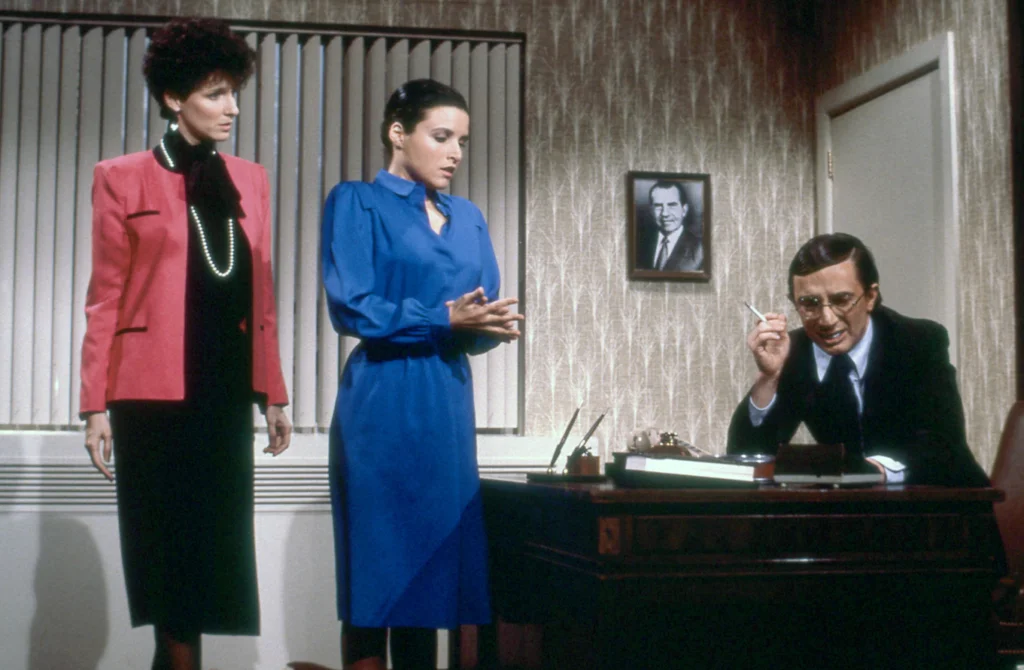
The SNL Church Lady, played by Dana Carvey, became a pop culture phenomenon in the late ‘70s and beyond with her sarcastic phrase, “Well, isn’t that special?” Meant to mock self-righteousness, the catchphrase was often used to belittle people or ideas seen as naive or overly sincere. While it was a hilarious jab at hypocrisy, it became a way to dismiss others’ experiences. Even so, Forbes acknowledged the program’s impactful 50th anniversary and its enduring influence.
Today, people are more aware of the impact of condescending sarcasm. Making fun of someone’s enthusiasm or beliefs with a phrase like this could be seen as mean-spirited rather than funny. While sarcasm isn’t dead, it’s more scrutinized than ever.
5. “You Big Dummy!” – Sanford and Son
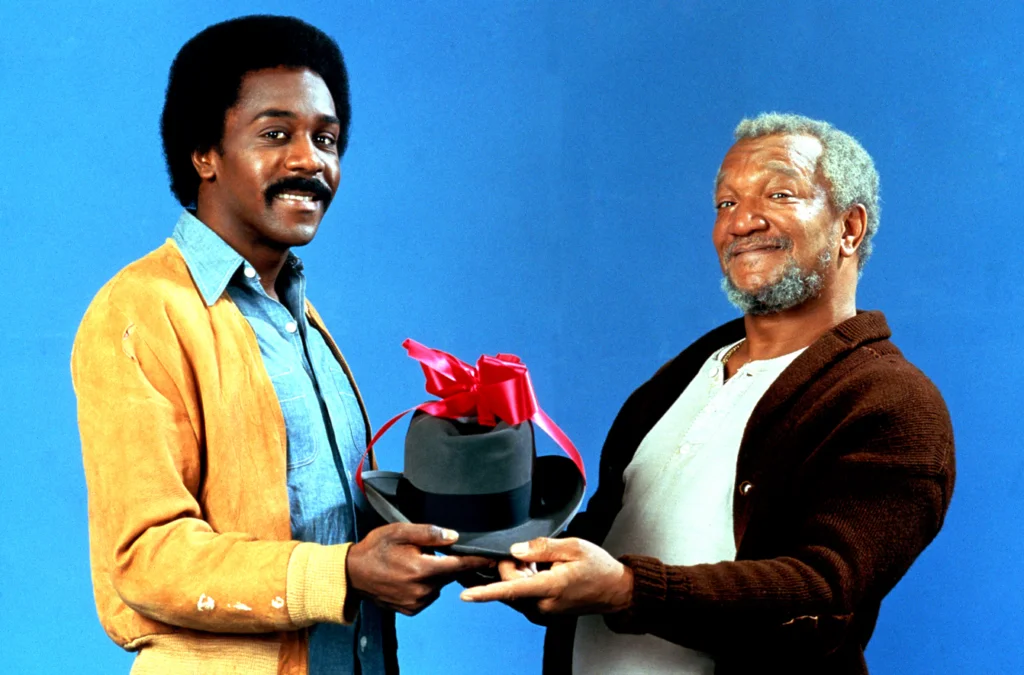
Fred Sanford, played by Redd Foxx, made “You big dummy!” one of the most quotable insults of the decade. He often hurled it at his son, Lamont, in moments of frustration, though it was always delivered with comedic charm. Audiences loved Fred’s grumpy humor, and the phrase became part of everyday conversation.
In today’s world, repeatedly calling a family member a dummy wouldn’t be considered just funny banter—it might be seen as verbal abuse. With greater awareness of the impact of language, a father constantly putting down his son like this wouldn’t be seen as a source of laughs. The humor in Sanford and Son was timeless, but this particular phrase wouldn’t age well.
6. “Don’t Make Me Angry. You Wouldn’t Like Me When I’m Angry.” – The Incredible Hulk
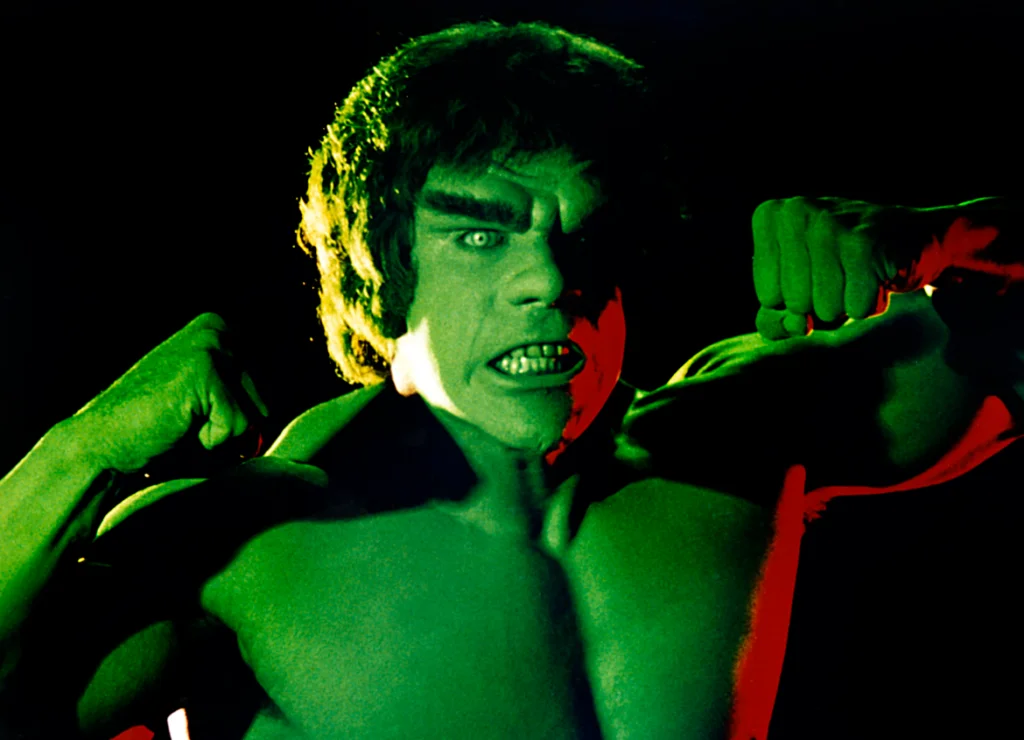
David Banner’s warning before transforming into the Hulk became a signature line of the show. But in a modern setting, it might not be taken as an innocent phrase—it could come across as an intimidation tactic. The idea of someone using anger as a veiled threat doesn’t play well today.
While The Incredible Hulk was all about action-packed fun, a phrase like this might remind people of real-world situations where anger leads to harmful consequences. What was once a comic book warning now carries a different weight. In today’s world, keeping one’s temper in check is more valued than issuing a menacing warning.
7. “Kiss My Grits!” – Alice
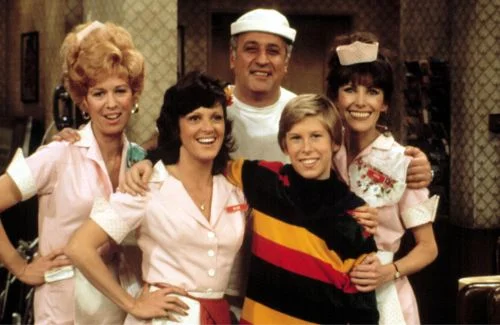
Flo’s sassy retort, “Kiss my grits,” became one of the most famous lines from Alice. It was meant as a playful way to tell someone off without outright being rude. But with today’s greater sensitivity to workplace behavior, a waitress saying this to a customer might be seen as unprofessional.
While the phrase itself isn’t offensive in content, it wouldn’t fit with today’s customer service standards. What once was fun, Southern-style sass might now be interpreted as poor work etiquette. Attitudes about what’s acceptable in the workplace have certainly changed.
8. “Sit On It!” – Happy Days
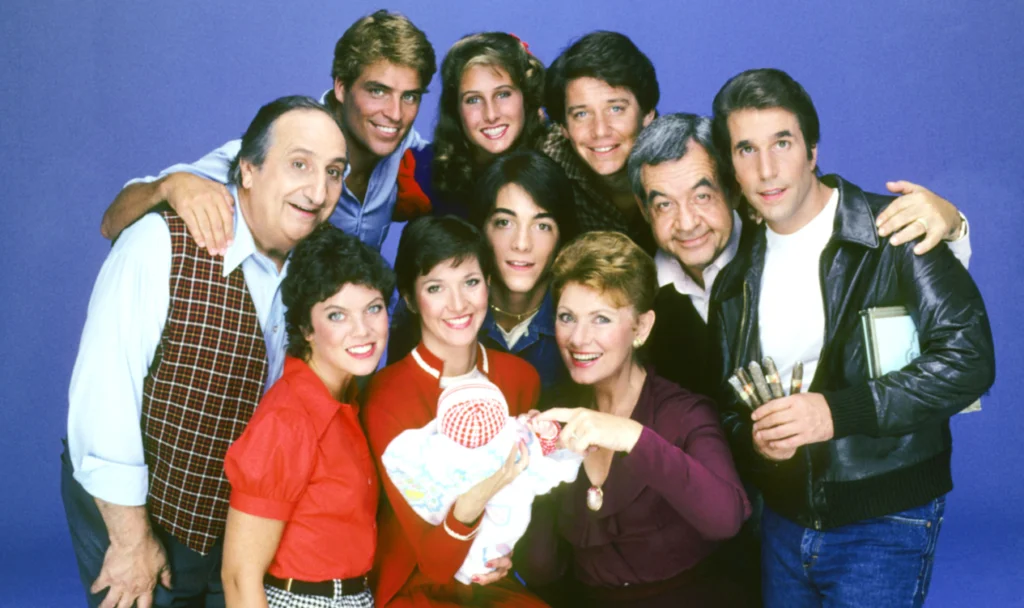
Joanie, Fonzie, and the gang used “Sit on it!” as a way to shut someone down. It was meant to be a family-friendly insult, but it still carried a dismissive, almost rude tone. While it was mild compared to other phrases, today’s audiences might not be as quick to embrace it.
Telling someone to “sit on it” is essentially telling them to be quiet in a less-than-kind way. These days, people are more conscious of how words impact others, making this phrase feel unnecessarily harsh. What once seemed like harmless teenage slang might not land as well today.
9. “Dynamite!” – Good Times
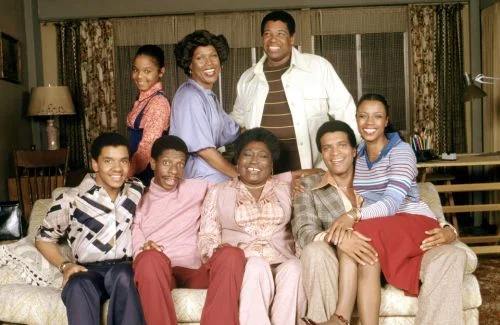
Jimmie Walker’s signature “Dy-no-mite!” was more than just a catchphrase—it was a cultural moment. However, critics have pointed out that his character, J.J. Evans, was often written in a way that played into stereotypes. While audiences adored his over-the-top personality, some felt the portrayal was exaggerated.
In today’s era, characters that lean heavily into stereotypes are more likely to be criticized. While “Dynamite!” itself isn’t offensive, the way J.J. was sometimes presented could be seen as problematic. What was once a fun expression of excitement is now viewed through a more critical lens.
10. “It’s Always Something!” – Saturday Night Live
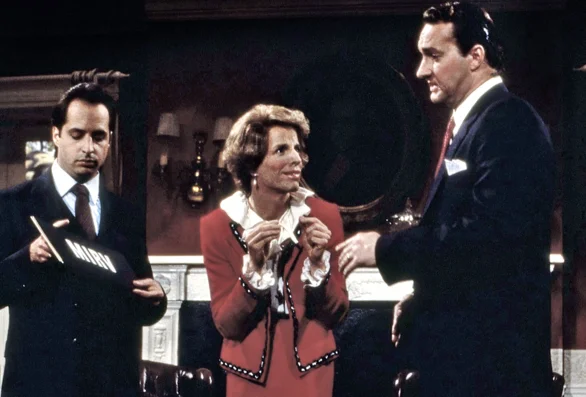
Gilda Radner’s character Roseanne Roseannadanna often ended her rants with, “It’s always something!” Her exaggerated commentary on life’s frustrations was hilarious, but the character’s over-the-top delivery sometimes leaned into certain stereotypes. In the modern era, such portrayals might not be as warmly received.
Comedy today often avoids broad characterizations that could be misinterpreted. While “It’s always something!” was a harmless phrase, the character’s exaggerated nature might be reconsidered. The phrase remains quotable, but its original context might be scrutinized differently now.
11. “Watch It, Sucker!” – The Jeffersons
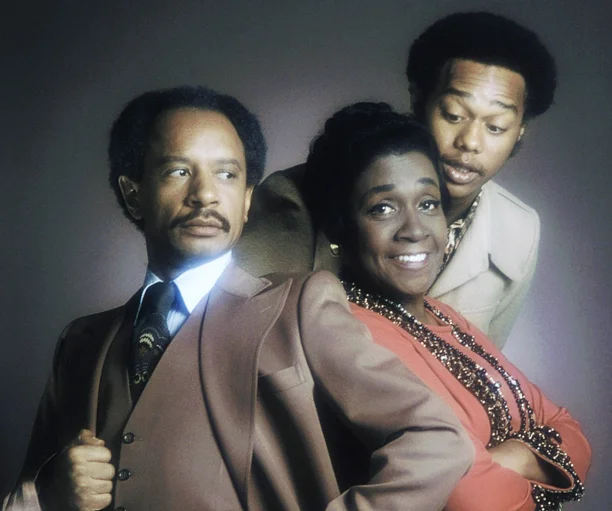
Florence Johnston, the wisecracking maid on The Jeffersons, had a way of keeping George Jefferson in check with her signature catchphrase, “Watch it, sucker!” It was a quick, biting comeback that always got laughs, especially when George got too full of himself. The phrase was a perfect fit for Florence’s feisty personality, and fans loved the way she never backed down.
However, using the word “sucker” as an insult has fallen out of favor in recent years. Today, calling someone that could be seen as overly aggressive or even combative, especially in professional or polite settings. While The Jeffersons remains a classic, Florence’s no-nonsense retorts might not be as widely embraced in today’s more tactful conversations.
12. “My Name Is José Jiménez.” – The Bill Dana Show
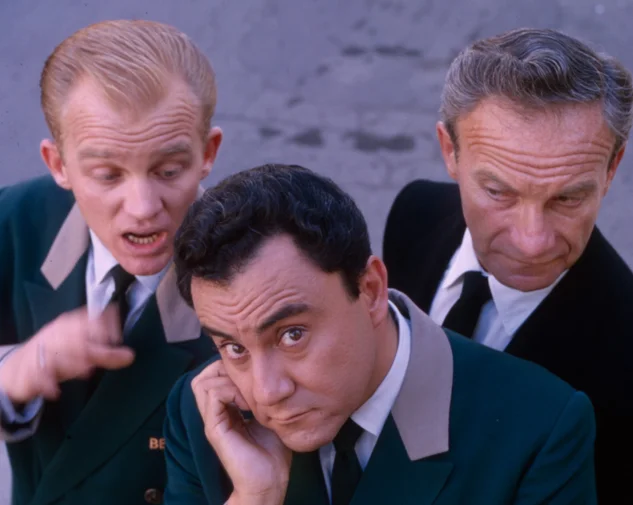
Comedian Bill Dana created the character of José Jiménez, a bumbling but lovable Hispanic man, and his catchphrase, “My name is José Jiménez,” became a national sensation in the 1960s and carried into the early ‘70s. Audiences at the time saw it as lighthearted humor, but over time, it became clear that the portrayal leaned into ethnic stereotypes. While Dana never intended to offend, Latino audiences increasingly felt that the character reinforced negative clichés.
Today, this kind of humor wouldn’t be considered appropriate, as it reduces an entire culture to a singular caricature. Dana himself retired the character after receiving criticism from the Latino community, acknowledging that times had changed. What was once seen as good-natured comedy is now an example of how representation in entertainment has evolved.
13. “Honest Engine!” – Various Shows

For years, the phrase “Honest Engine” was a common way to emphasize sincerity, appearing in TV shows throughout the ‘60s and ‘70s. It was meant to play on the idea of being as reliable as a well-running locomotive, but the phrase actually stems from a mispronunciation of “Honest Injun,” which was originally used in 19th-century literature. This phrase was frequently used in dialogue on classic TV, often without a second thought.
Today, the phrase is widely recognized as problematic due to its connection to outdated and insensitive portrayals of Native Americans. What may have once been an innocent-sounding expression is now understood to be culturally insensitive. As awareness of these issues has grown, phrases like this have largely disappeared from modern speech and entertainment.
14. “Tonto Wantum Smoke?” – The Lone Ranger (Reruns in the ’70s)
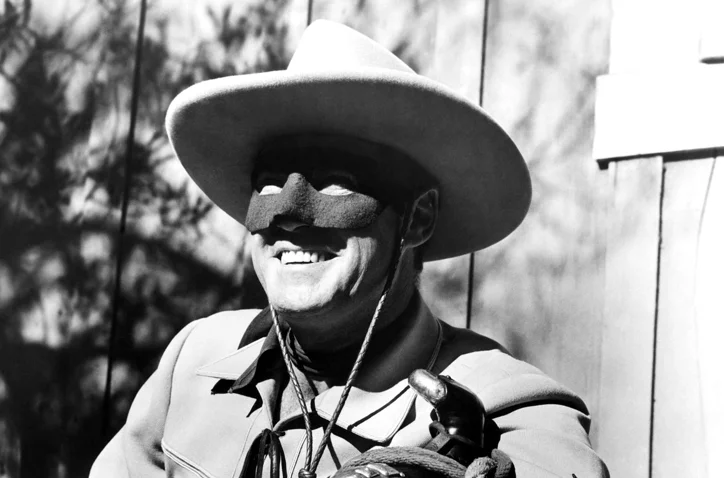
Though The Lone Ranger originally aired in the 1950s, reruns were hugely popular in the ‘70s, and many kids grew up imitating Tonto’s broken English. The phrase “Tonto wantum smoke?”—though not actually from the show—was often repeated in jest, reinforcing stereotypes about Native American speech patterns. Unfortunately, these kinds of portrayals reduced indigenous characters to sidekicks with exaggerated mannerisms.
Today, there’s a much greater understanding of how Native American characters were often misrepresented in media. Many modern productions strive to depict indigenous characters with authenticity and respect. Looking back, it’s clear that these catchphrases contributed to an unfair portrayal of Native peoples.
15. “Let’s Put Another Shrimp on the Barbie!” – Various Comedy Sketches

While this phrase is often associated with Paul Hogan’s tourism ads in the 1980s, variations of it were frequently used in TV comedy sketches throughout the 1970s. American TV shows loved to poke fun at exaggerated Australian accents, and “Let’s put another shrimp on the barbie!” was often used in sitcoms to reference the land Down Under. However, it was based more on American perceptions than actual Australian culture.
Today, this kind of humor is seen as oversimplifying and stereotyping a nation’s identity. While accents and cultural quirks can still be part of comedy, there’s a greater effort to ensure they’re based on reality rather than outdated clichés. What once seemed like an innocent joke now feels like a relic of a less thoughtful era.
TV in the 1970s gave us plenty of phrases that stuck with us for decades. While some were just harmless fun, others reflected attitudes that wouldn’t be as accepted today. What was once considered comedy gold might now come with a few raised eyebrows. It’s a reminder of how much times—and television—have changed.

